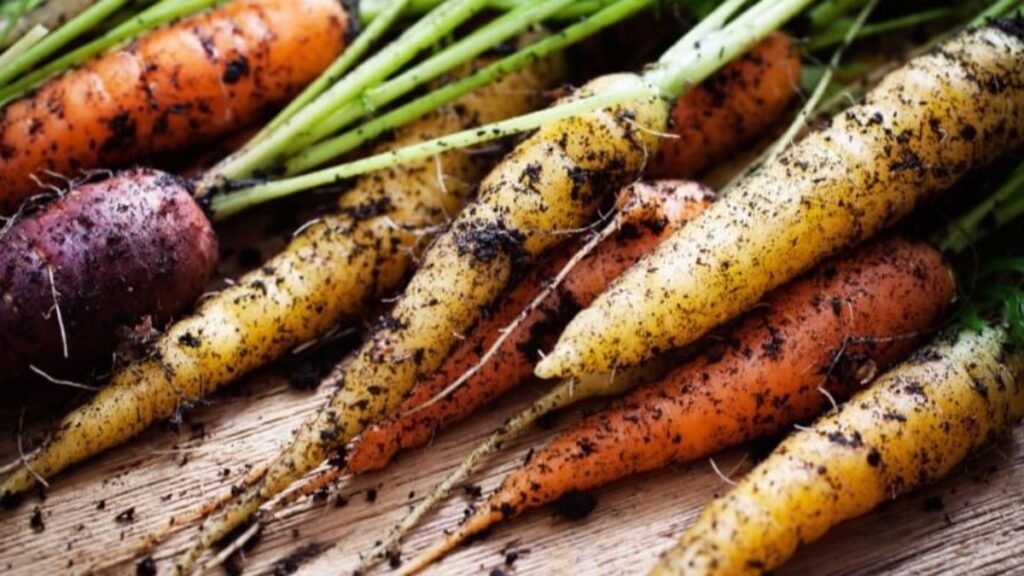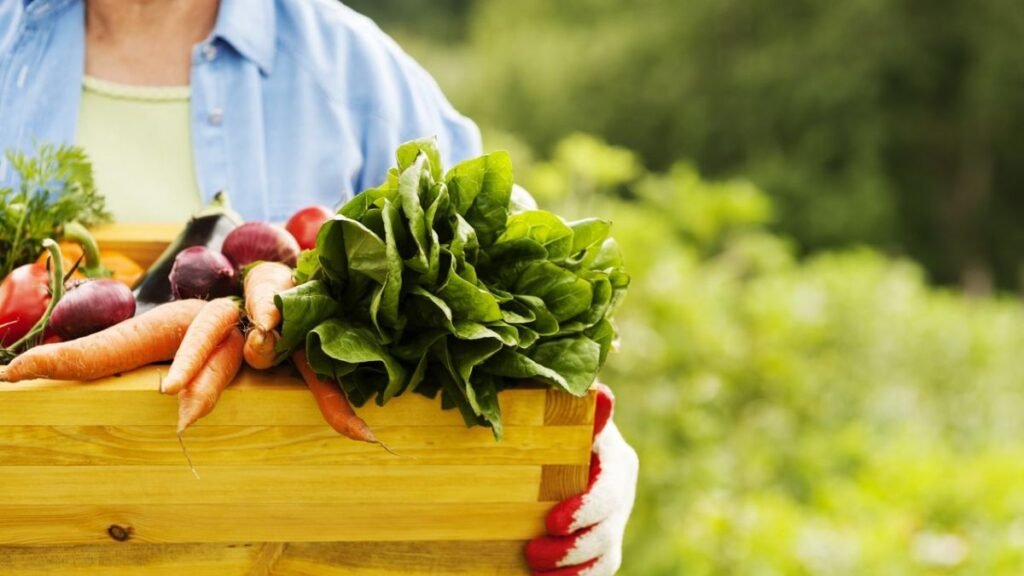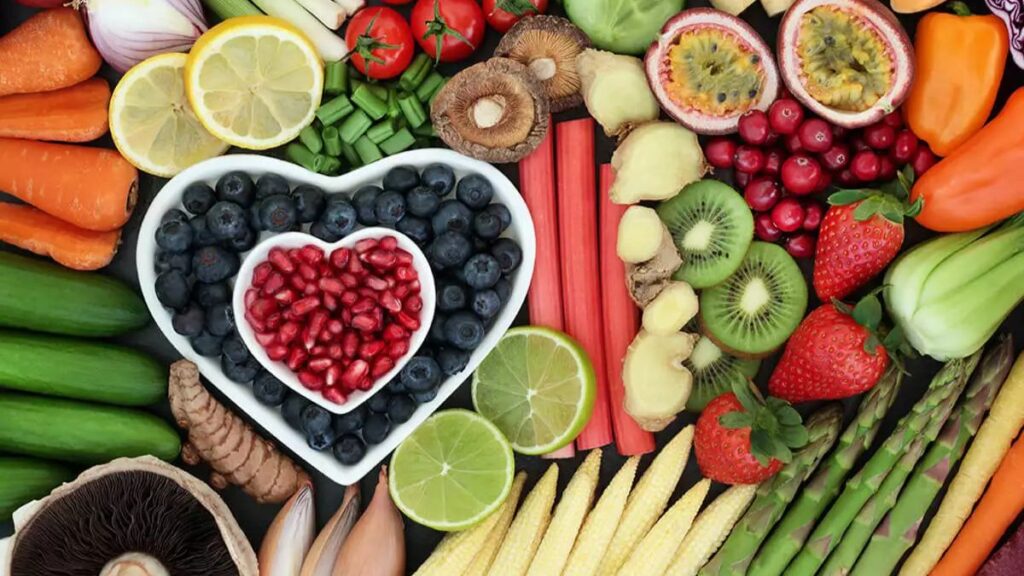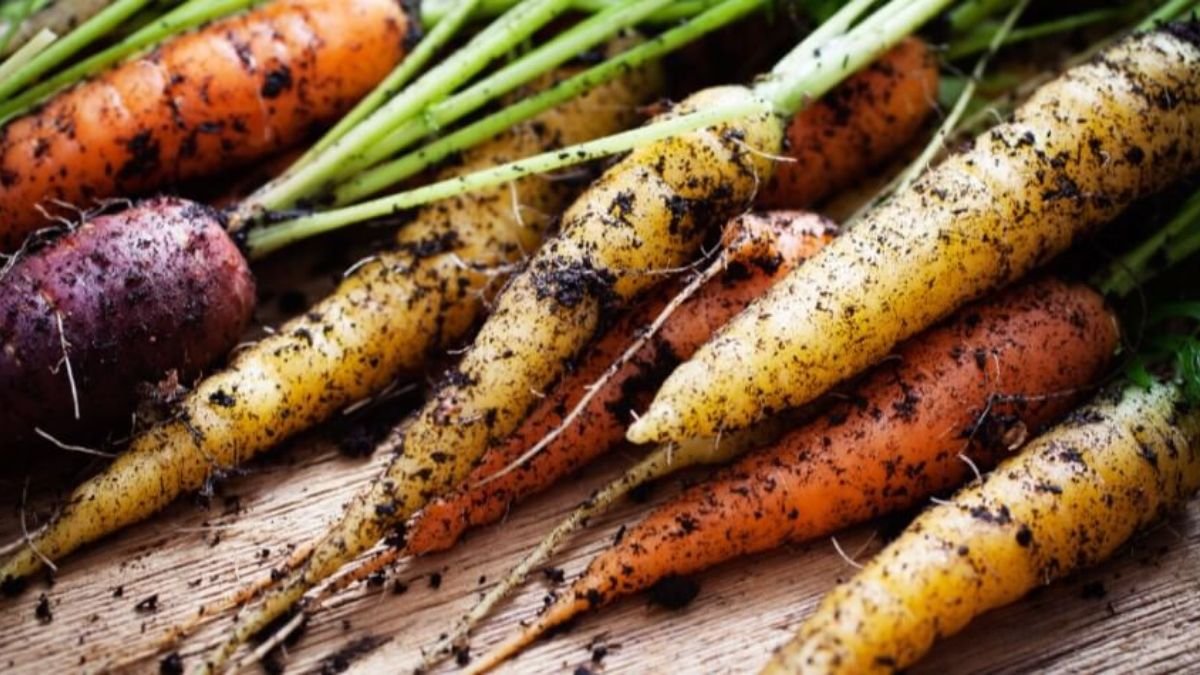Organic Food | Amazing 5 Organic Food Pros and Cons
Eating organic foods is becoming more and more popular. Many people are now choosing to eat organic foods for a variety of reasons, from wanting to eat healthier to wanting to avoid pesticides and chemicals.

Organic food is grown without the use of synthetic fertilizers, pesticides, hormones, antibiotics, and other chemicals. Organic foods are also said to be higher in nutrients than conventionally-grown foods. They are also said to be better for the environment, as the production of organic foods does not use synthetic chemicals and fertilizers that can pollute soil and water.
Organic food is food that is grown or produced without the use of synthetic fertilizers, pesticides, or other artificial chemicals. It is often grown using sustainable methods, such as crop rotation, which helps the soil stay healthy. Organic food is also often produced without the use of genetically modified organisms (GMOs).
Organic food has become increasingly popular in recent years, as people have become more aware of the potential risks associated with eating food grown with chemical fertilizers and pesticides. Organic foods are also often thought to be more nutritious, as they are grown without the use of artificial fertilizers or pesticides.

But is organic food really better for your health? Here we look at the pros and cons of eating organic foods.
Pros of Eating Organic Foods
- No Pesticides or Chemicals: Organic foods are grown without the use of synthetic pesticides, fertilizers, hormones, antibiotics, and other chemicals. This means that you can be sure that you are not consuming potentially harmful chemicals when you eat organic foods.
- More Nutrients: Organic foods are said to be higher in nutrients than conventionally-grown foods. Studies have found that organic fruits and vegetables contain higher levels of essential vitamins and minerals than non-organic produce.
- Better for the Environment: Organic farming is better for the environment as it does not use synthetic chemicals and fertilizers that can pollute soil and water. Organic farming also helps to maintain biodiversity, as organic farms tend to have more diverse habitats than conventional farms.
- Better Taste: Many people say that organic foods taste better than non-organic foods. This could be because organic foods are generally fresher and less processed than non-organic foods.
- Local and Sustainable: Buying organic foods is a great way to support local farmers and businesses, as well as to promote sustainability. Organic farming is more sustainable than conventional farming as it does not rely on synthetic chemicals and fertilizers.

Cons of Eating Organic Foods
- Expensive: Organic foods can be more expensive than non-organic foods. This is because organic farms tend to be smaller and more labor-intensive than conventional farms, meaning that the production costs are higher.
- Limited Availability: Organic foods can be harder to find than non-organic foods, as they tend to be sold in specialty stores or farmers markets. This means that it can be more difficult to find organic foods if you do not live near one of these stores.
- Not Always Organic: There is no guarantee that the food labeled as “organic” is truly organic. This is because the regulations regarding the labeling of organic foods are not always strictly enforced.
- Not Always Healthier: While organic foods are said to be higher in nutrients than non-organic foods, this is not always the case. Studies have found that the nutrient content of organic and non-organic foods can be very similar.
- Can Contain Pesticides: Organic foods can still contain pesticides and other chemicals, as the regulations regarding organic farming are not always strictly enforced. This means that you should still check the labels of organic foods to make sure that they do not contain any chemicals.
In conclusion, organic foods have many benefits, such as being free of synthetic chemicals, higher in nutrients, and better for the environment. However, they can also be more expensive, harder to find, and not always strictly organic. Ultimately, the decision to eat organic foods is a personal one and should be based on your own individual needs and preferences.

